By joining as a Prayer Member, you will be joining with like-minded believers praying in agreement with God's Words of provisions. You will also receive information on urgent needs throughout the world and upcoming special prayer events.
Support Your Body Systems for Better Health
Respiratory System
THE SYSTEM FUNCTIONS
The human body requires a constant stream of oxygen to stay alive. The respiratory system is responsible for providing oxygen to the body’s cells while removing carbon dioxide, a waste product that can be lethal if allowed to accumulate. There are three major parts of the respiratory system: the airway, the lungs and the muscles of respiration.

Airway
This includes the nose, mouth, pharynx, larynx, trachea, bronchi and bronchioles. The airway carries air between the lungs and the body’s exterior.

Lungs
Lungs act as the functional units of the respiratory system by passing oxygen into the body and carbon dioxide out of the body

Muscles of Respiration
These include the diaphragm and intercostal muscles, which work together to act as a pump, pushing air into and out of the lungs during breathing.
Associated Organs
Brain, spinal cord, complex network of nerves and sensory organs including the eyes, ears and taste buds
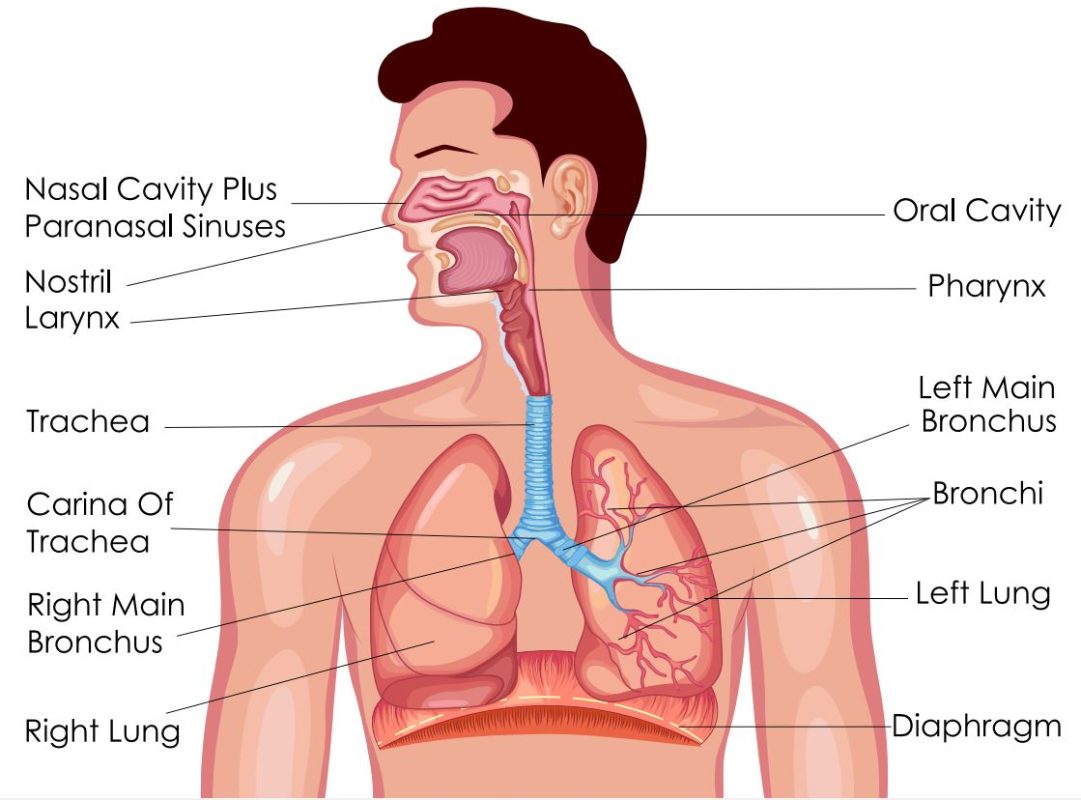
What You Can Do To Support a
Healthy Respiratory System
Essential Vitamins & Minerals
- VitaDaily™
- Vital C™
Recommended Dietary Supplements
- Vitamin A
- Vitamin B9 (Folic Acid)
- Vitamin C
- Vitamin E.
Amazon
Herb Supplements
- Aqua Algae
- Enviro Defense
Foods To Include
Fruits
 Papaya
Papaya
 Kiwi
Kiwi
 Watermelon
Watermelon
 Cantaloupe
Cantaloupe
 Citrus Fruits
Citrus Fruits
 Prickly Pear
Prickly Pear
VEGETABLES
 Kale
Kale
 Spinach
Spinach
 Collard Greens
Collard Greens
 Celery
Celery
 Carrots
Carrots
 Onions
Onions
PROTIEN & DIARY
 Wild Caught Salmon
Wild Caught Salmon
 Mackerel
Mackerel
 Herring
Herring
 Oysters
Oysters
 Eggs
Eggs
 Kefir
Kefir
NUT & SEEDS
 Almonds
Almonds
 Brazil Nuts
Brazil Nuts
 Cashews
Cashews
 Chia Seeds
Chia Seeds
 Hemp Seeds
Hemp Seeds
MISCELLANEOUS
 Olive Oil
Olive Oil
 Black Beans
Black Beans
 Herbal Tea
Herbal Tea
 Ginger
Ginger
 Kimchi
Kimchi

Note: Be sure to do your best to shop organic, grass-fed, free-range, unprocessed and low sodium.
What You Can Do To Support a Healthy Respiratory System (continued)
Daily morning cleanse: 8-12oz of lemon water
Foods you should avoid or limit:
Do your best to read the labels on packaged food. If the names are too hard to pronounce, they are likely chemical-based ingredients and not very good for you.
- Processed and high-sodium foods such as cured ham, bacon, sausage, and potato chips
- Foods that contain all-purpose flour such as pizza, bagels, pretzels, white bread, and flour tortillas
- Artificial sweeteners containing Sucralose such as yogurt, cereal, whole grain muffins, breads, and microwave popcorn
- Beware of “reduced sugar” labels which are usually loaded with artificial sweeteners such as fruit juice, ketchup, jams, jelly, syrup, soda, sports drinks, ice cream, and salad dressings.
Below is a List of Artificial Sweeteners You Should Try to Avoid:
- Aspartame
- Acesulfame
- Potassium
- Alitame
- Cyclamate
- Dulcin
- Equal
- Glucin
- Kaltame
- Mogrosides
- Neotame
- NutraSweet
- Nutrinova
- Phenylalanine
- Saccharin
- Splenda
- Sorbitol
- Sucralose
- Twinsweet
- Sweet ‘N Low
- Xylitol
Recommended Activities
Physical activity is essential for good health. New studies show even 15 minutes of elevated heart rate from activity has numerous benefits. Find activities you enjoy doing and aim for at least 15 minutes 4 to 5 times per week.
CARDIO: Biking, Hiking, Walking, Running, Swimming, Dancing, Zumba
STRENGTH: Weight Training, Pilates, Vigorous Yoga, P90X, Crossfit, Barre
FLEXIBILITY: Yoga and Stretching
Additional Information
Common Symptoms: Common signs and symptoms associated with the nervous system include persistent or sudden headaches, loss of feeling or tingling, weakness or loss of muscle strength, loss of sight or double vision, memory loss, impaired mental ability, lack of coordination, muscle rigidity, tremors or seizures, back pain, muscle wasting, slurred speech or language impairment.
Common Disorders
- Asthma – Lung disease that causes narrowing and swelling of the airways.
- Chronic Bronchitis – Recurrent lung infections usually caused by a virus resulting in wheezing, cough or shortness of breath.
- Emphysema (COPD) – Long-term chronic lung disease.
- Hay Fever – Allergic symptoms such as a runny nose, itchy eyes, congestion, sneezing and sinus pressure.
- Pleurisy – Inflammation of the lining around the lungs.
- Pneumonia – A viral or bacterial infection that inflames air sacs in one or both lungs, which may fill with fluid.
- Pneumothorax (Collapsed Lung) – Loss of lung space.
- Pulmonary Edema – Abnormal collection of fluid in lung tissue.
- Pulmonary Fibrosis – A chronic disease where lungs become scarred and stiff.
- Pulmonary Vascular Disease – Disease affecting lungs and cardiac systems.
- Sinus Infection – Condition in which the cavities around the nasal passages become inflamed.
- Sleep Apnea – Disorder in which breathing repeatedly stops and starts during sleep.
- Tuberculosis – Infection of the lungs caused by mycobacterium.



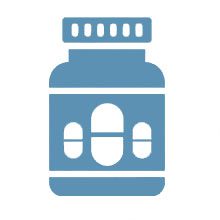

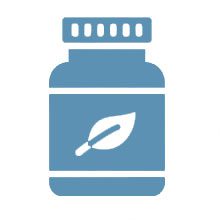
 Papaya
Papaya Kiwi
Kiwi Watermelon
Watermelon Cantaloupe
Cantaloupe Citrus Fruits
Citrus Fruits Prickly Pear
Prickly Pear Kale
Kale Spinach
Spinach Collard Greens
Collard Greens Celery
Celery Carrots
Carrots Onions
Onions Wild Caught Salmon
Wild Caught Salmon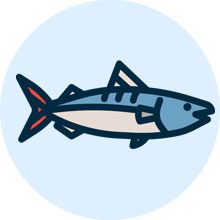 Mackerel
Mackerel Herring
Herring Oysters
Oysters Eggs
Eggs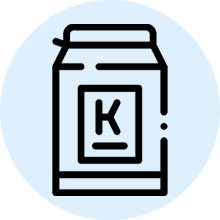 Kefir
Kefir Almonds
Almonds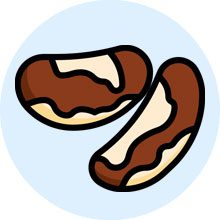 Brazil Nuts
Brazil Nuts Cashews
Cashews Chia Seeds
Chia Seeds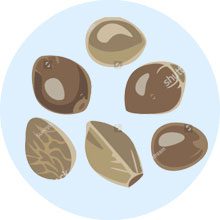 Hemp Seeds
Hemp Seeds Olive Oil
Olive Oil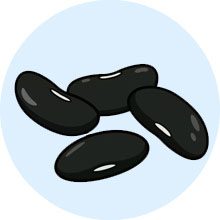 Black Beans
Black Beans Herbal Tea
Herbal Tea Ginger
Ginger Kimchi
Kimchi